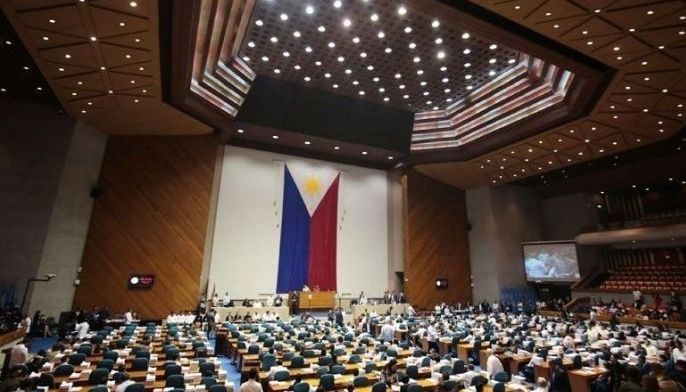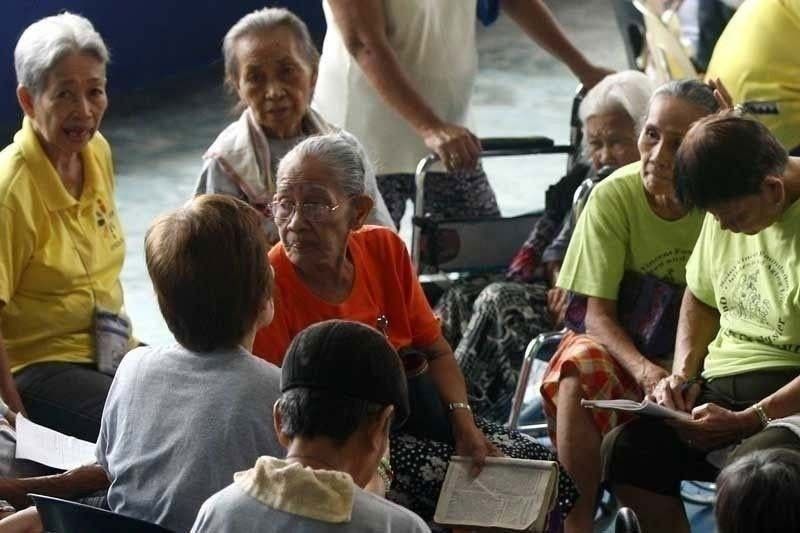
MANILA – The proposal to amend the restrictive provisions of the 1987 Constitution has advanced to the plenary floor in the House of Representatives, with House Majority Leader Manuel Jose Dalipe assuring thorough deliberations.
During Monday’s session, the lower chamber commenced the sponsorship and interpellation phase for Resolution of Both Houses No. 7, aimed at easing limitations on foreign ownership in public utilities, educational institutions, and advertising industries.
In presenting the resolution, Dalipe emphasized the significance of the proposed Charter amendments in enabling the country to adjust to rapid global changes and thrive in an “ever more interconnected world.”
“With the increasing interdependence of world cultures and economies, the Philippines cannot remain indifferent, we must adapt and take advantage of the benefits that economic globalization offers and the positive effects it may bring to our country and the Filipino people,” Dalipe said.
Dalipe highlighted that including the phrase “unless otherwise provided by law” would grant Congress the power to adjust the economic constitutional restrictions concerning public utilities, education, and advertising. This flexibility, he asserted, is essential to address the demands of current economic conditions.
He underscored President Ferdinand Marcos Jr.’s strong backing for these “essential” economic Charter amendments, emphasizing the need to bolster economic activities while safeguarding strategic sectors from foreign influence.
Furthermore, Dalipe mentioned that Speaker Martin Romualdez shares the President’s perspective on the significance of amending the economic provisions. This adjustment, they believe, would facilitate swifter and more inclusive economic growth.
“This moment in our nation’s history is more than just an opportunity. It’s a call to embrace progress, think beyond the present, and work collectively towards economic growth and stability,” Dalipe said, as he called on his colleagues to support the approval of the resolution to transform the country’s economic landscape.
Dalipe highlighted that prior to presenting the proposal for plenary sponsorship, the House Committee of the Whole engaged in six days of comprehensive and extensive deliberations. During this time, they heard from a diverse range of resource persons possessing expertise across multiple sectors and disciplines.
“The hearings and deliberations conducted by the Committee of the Whole House of Representatives were testaments of our commitment to democratic consultations, where we have allowed everyone to express their views, be they for or against the proposed amendments,” he said.
In a press conference, Dalipe said the House is targeting to approve RBH7 on second reading by Wednesday, explaining that the number of members who register with him to ask questions regarding the amendment proposals will determine how much time the House will devote to plenary debates.
“Ine-expect namin na maraming pwedeng magtanong, so we are, binibigyan natin ng tatlong araw na plenary debates ang ating RBH No. 7. Hindi lang isang araw, hindi lang dalawang araw kundi tatlong araw na debates… (We are expecting a lot of questions, so we are allotting three days for plenary debates on RBH No. 7. Not just one day, not just two days, but three days of debates) And hopefully by Wednesday, we can vote on the matter on second reading,” Dalipe said.
Time to amend economic provisions
In his sponsorship speech, Deputy Speaker and Pampanga Representative Aurelio Gonzales Jr. urged the Senate to consider amending the Constitution’s restrictive economic provisions at this opportune moment.
“Let us not fail the Filipino people once more. We, in the House of Representatives, have exhausted every step to help our nation. It is time to work collectively and in harmony patungo sa Bagong Pilipinas (towards the New Philippines),” Gonzales said.
Gonzales remarked that while certain provisions of the 1987 Constitution may have been initially noble and well-intentioned, they have now “outlived” their intended purpose.
“Our mission now is to give the Filipino people that life-long dream of progress for our country, which would in turn raise the quality of their lives,” he said.
He stated that the proposed constitutional amendment concerning the public utilities sector has the potential to attract significant investments and stimulate greater competition. This, in turn, could result in enhanced quality service delivery and the creation of high-quality job opportunities for Filipinos.
In terms of education, Gonzales emphasized that nurturing intellectual capital is a crucial strategy for accelerating economic growth.
Furthermore, he mentioned that adjusting the constitutional provision related to advertising would enable Filipino creatives to gain recognition on a global scale.








